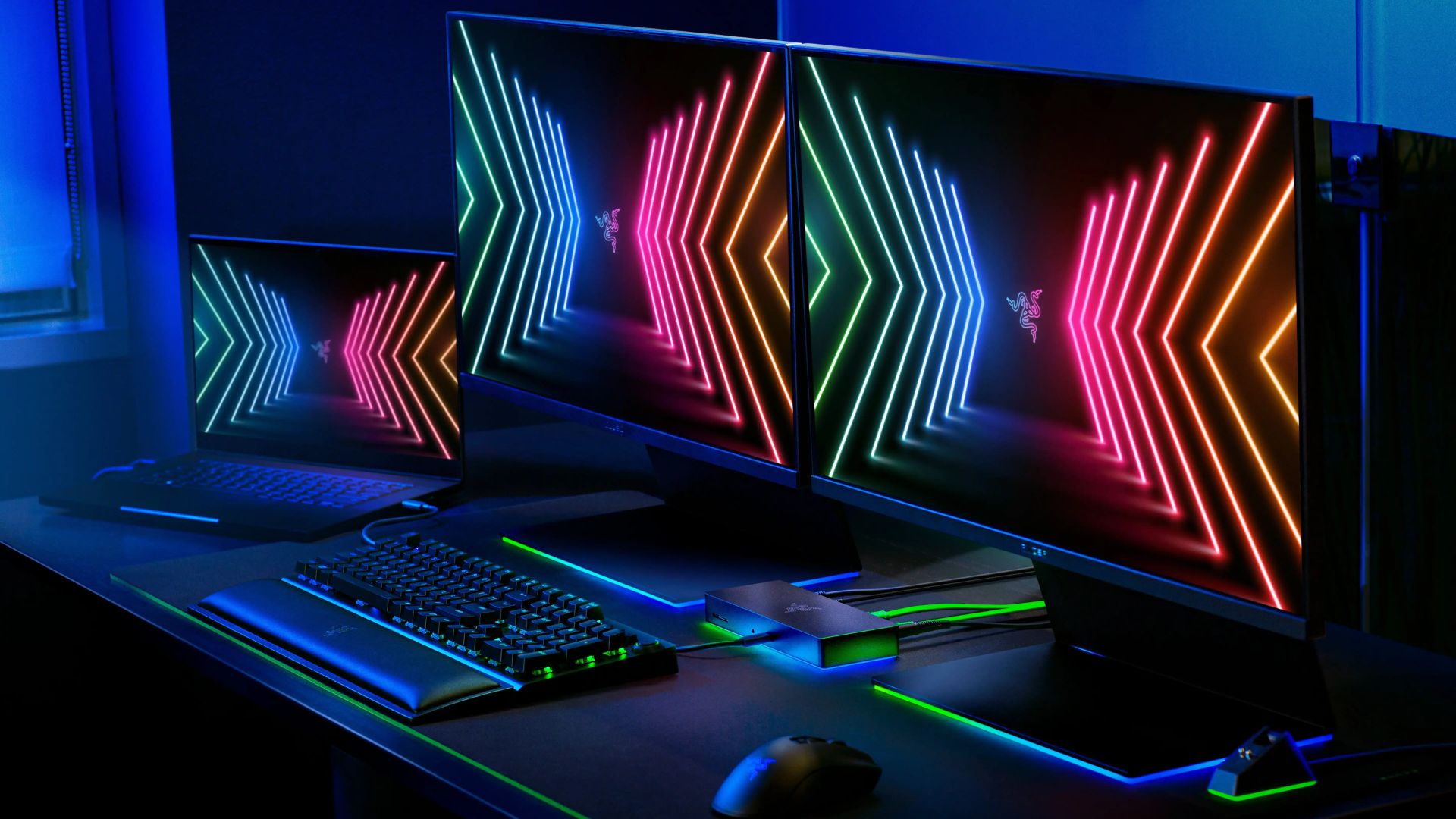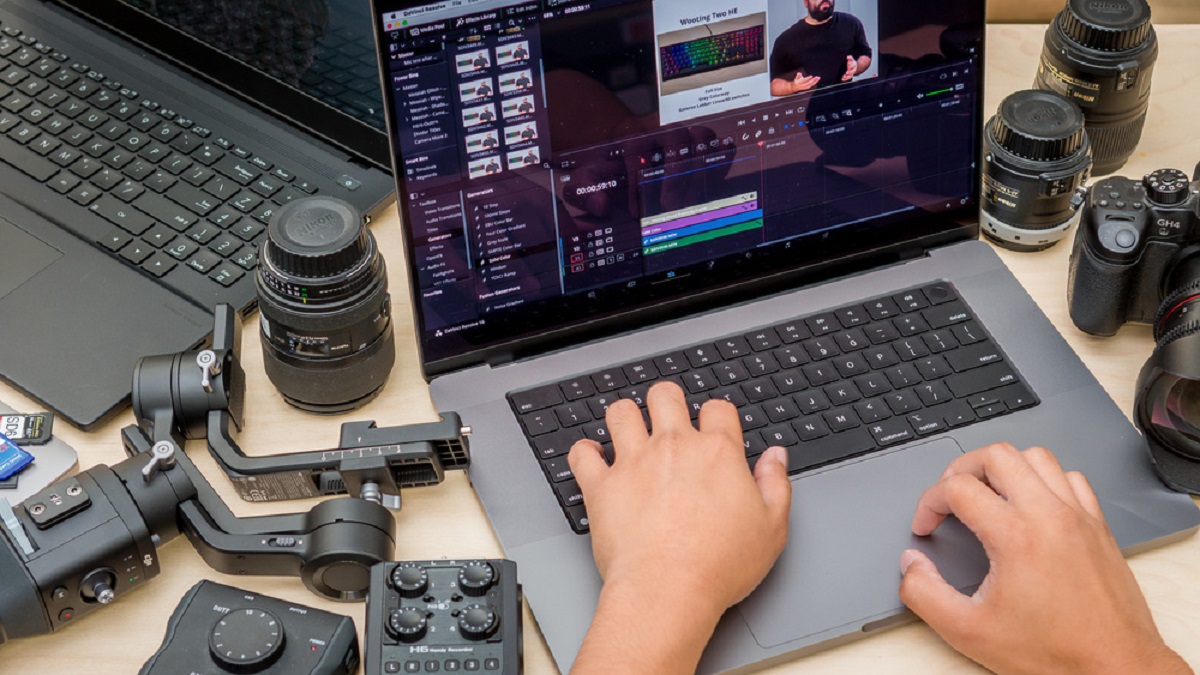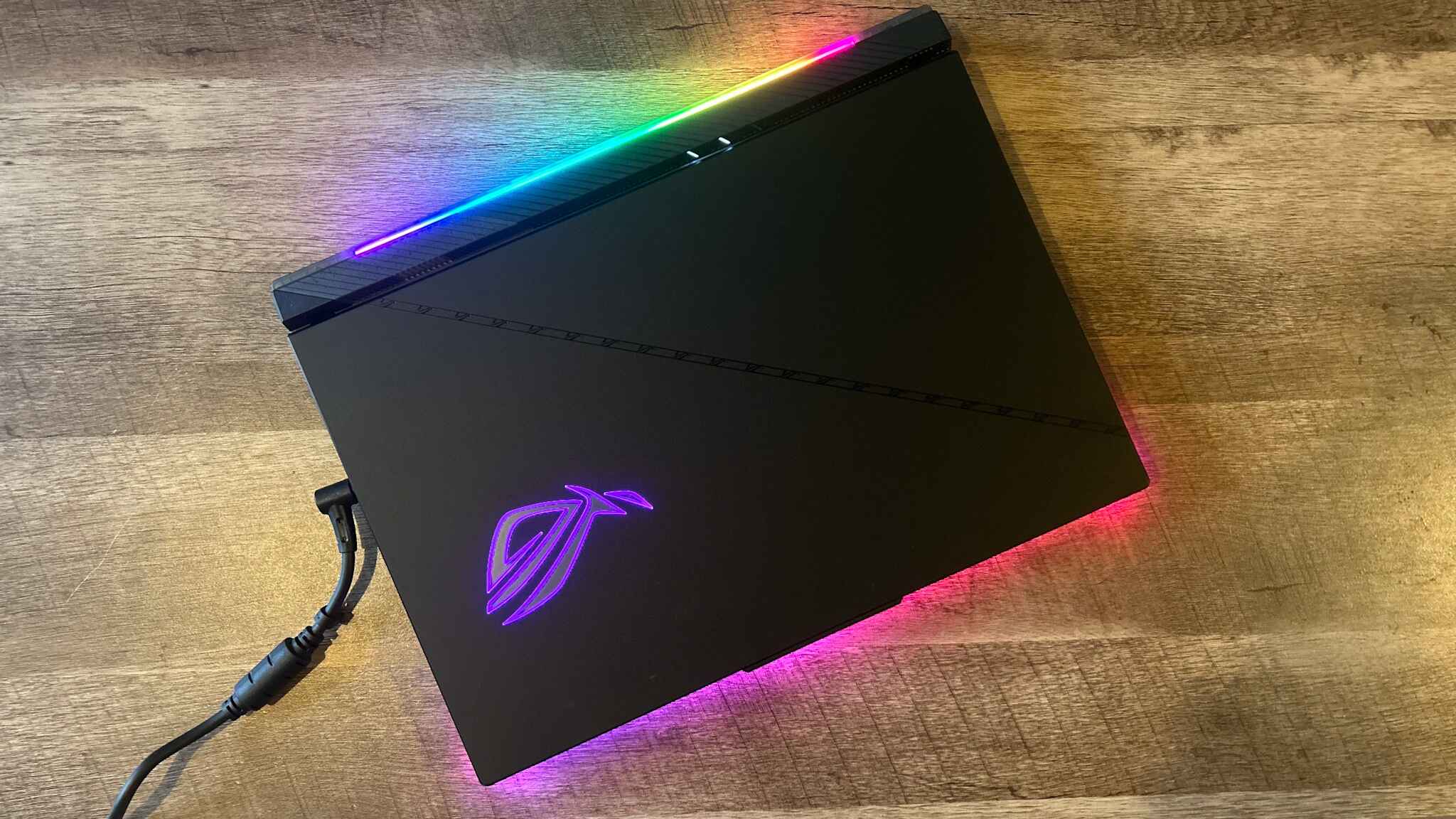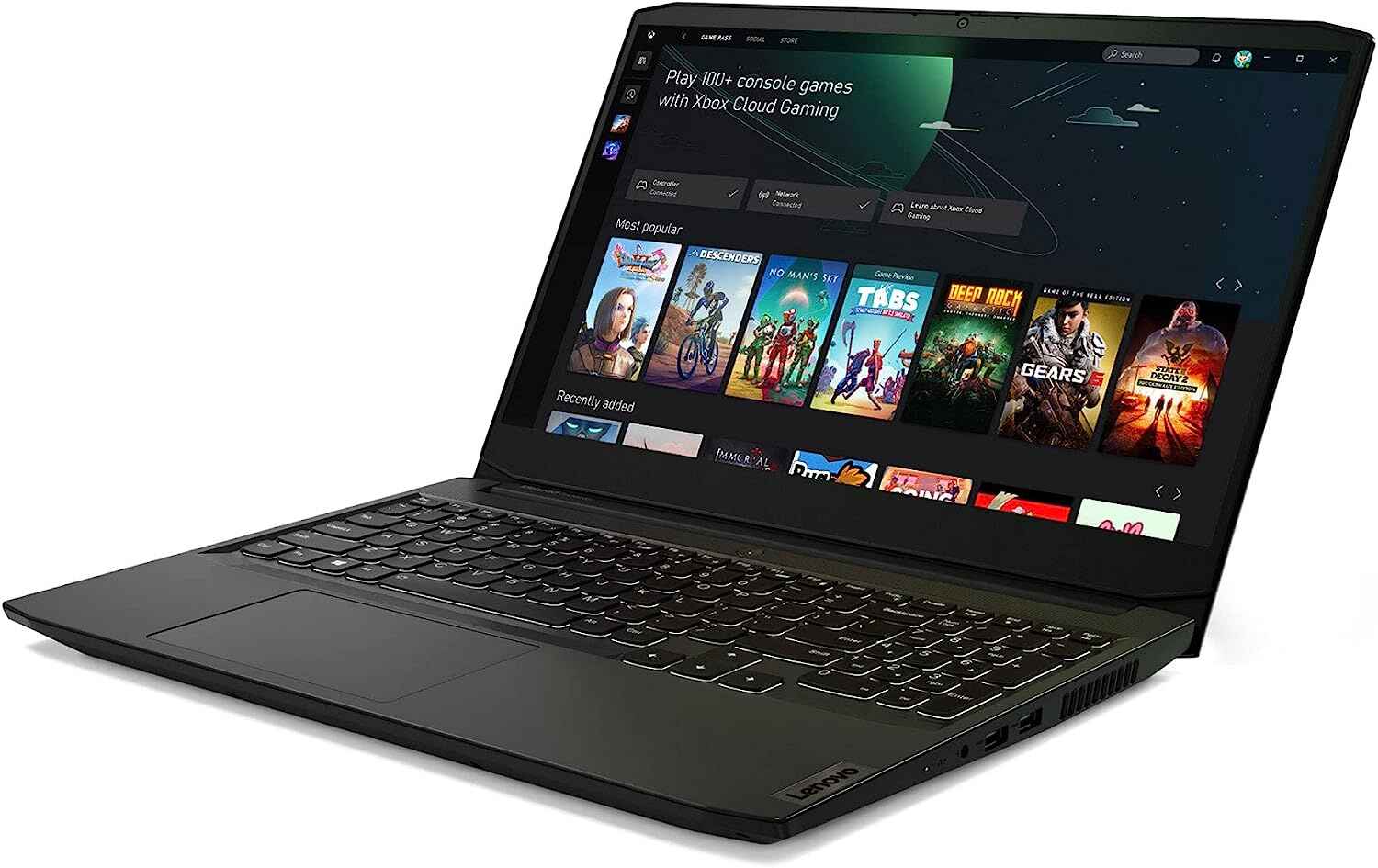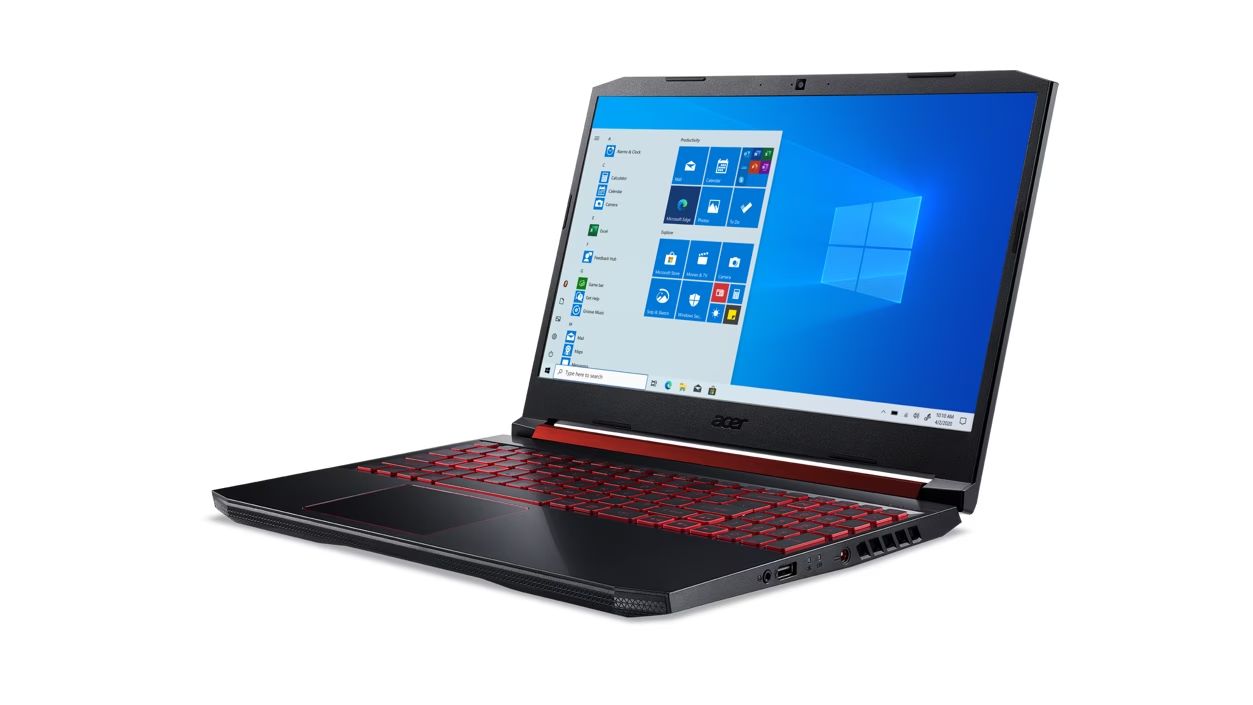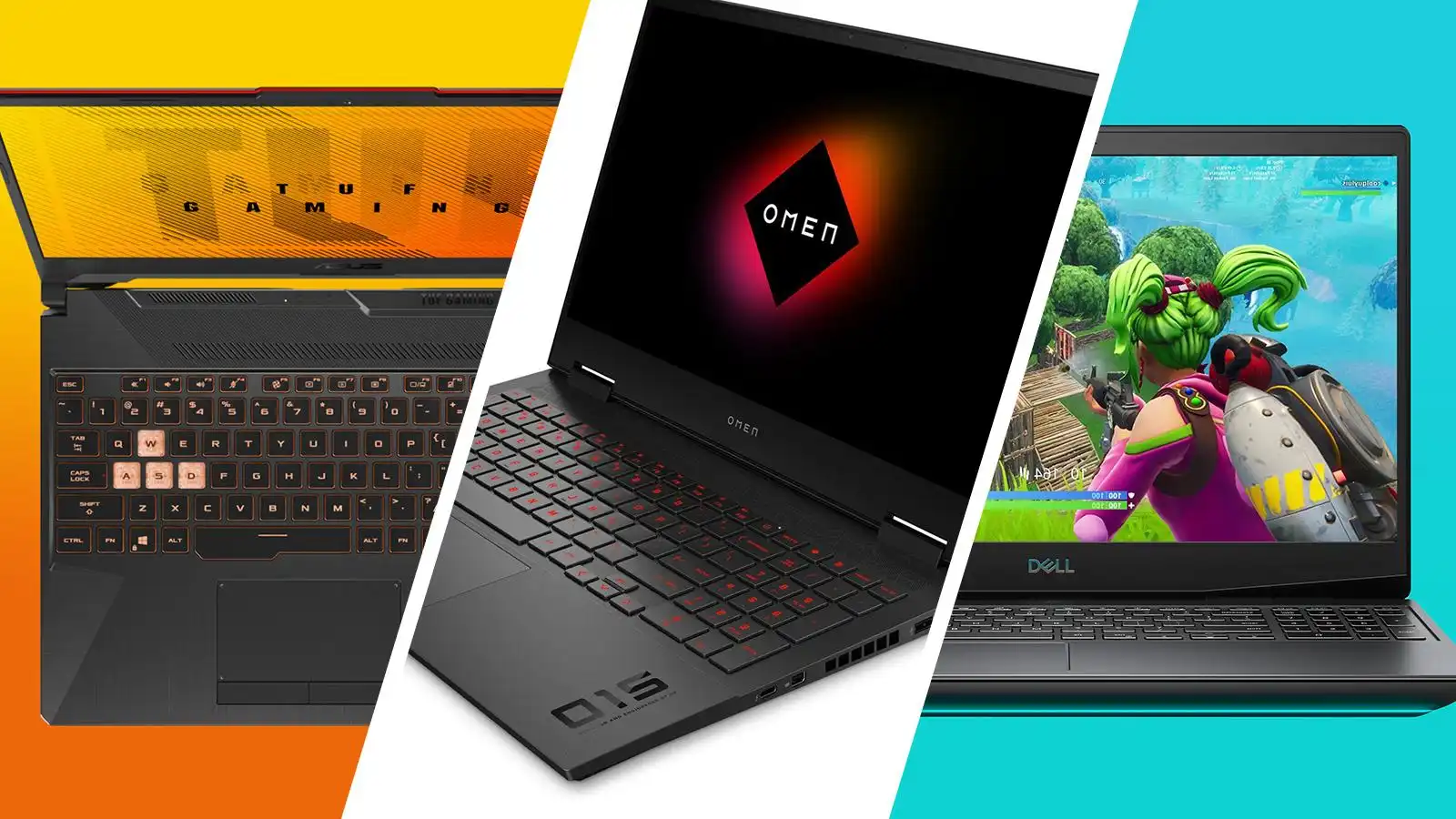Introduction
When it comes to purchasing a new laptop, one of the most common dilemmas that buyers face is deciding whether to prioritize RAM (Random Access Memory) or the processor. Both components play crucial roles in a laptop’s performance, but understanding their individual importance can help buyers make an informed decision.
RAM and processor are distinct elements that work together to deliver a smooth and efficient computing experience. RAM acts as a temporary memory storage unit, allowing the computer to access and retrieve data quickly. On the other hand, the processor, also known as the central processing unit (CPU), executes the instructions given by software programs.
While both RAM and the processor contribute to a laptop’s overall performance, they serve different purposes. RAM determines how much data can be stored and accessed at any given time, affecting multitasking capabilities and the amount of data that software programs can handle. The processor, on the other hand, determines how quickly the laptop can execute instructions, impacting tasks such as loading applications, rendering images, and running complex software.
Understanding the importance of these components and the factors to consider can help buyers decide which aspect to prioritize when choosing a new laptop. In this article, we will delve into the significance of RAM and the processor and discuss the factors that buyers should consider when making their decision.
Understanding RAM and Processor
RAM (Random Access Memory) and the processor (also known as the CPU – Central Processing Unit) are two critical components that determine the performance of a laptop. In order to make an informed decision about which is more important, it is crucial to understand the roles that these components play.
RAM acts as the temporary memory storage in a computer, allowing for quick data access and retrieval. When you open an application or a file, it gets loaded into the RAM, which enables the processor to access the required data quickly. The amount of RAM in a laptop determines how many programs or tasks can be handled simultaneously without experiencing a slowdown. If there is insufficient RAM, the laptop may struggle to handle multiple applications or large files, leading to lagging or freezing.
The processor, on the other hand, is the brain of the computer. It executes the instructions provided by software programs, such as opening applications, running calculations, and processing multimedia content. The speed and efficiency of the processor determine how quickly these tasks are performed. A high-speed processor can handle demanding applications and complex tasks with ease, resulting in smoother performance and faster response times.
Both RAM and the processor are essential for a well-rounded computing experience. RAM allows for efficient multitasking, as it ensures quick access to data, while the processor determines how fast the laptop can execute tasks. Balancing the amount of RAM with a capable processor is crucial to achieving optimal performance.
It’s important to note that RAM and the processor work together, and a powerful processor is only as effective as the amount of RAM available. The more RAM a laptop has, the more data it can store and access, which in turn allows the processor to work more efficiently. Conversely, a high-speed processor will not be able to perform to its full potential if there is limited RAM to support its operations.
Now that we have a better understanding of the roles that RAM and the processor play, let’s explore the importance of each component and the factors to consider when determining which one is more important for your specific needs.
Importance of RAM
RAM (Random Access Memory) plays a crucial role in a laptop’s overall performance. It determines how much data can be stored and accessed by the computer at any given time. Here are some key reasons why RAM is important:
- Improved Multitasking: Having an adequate amount of RAM allows for smooth multitasking. With more RAM, a laptop can handle multiple applications simultaneously without experiencing a significant slowdown. This is especially important for users who need to run resource-intensive software or work with large files.
- Faster Data Access: RAM provides quick access to data, ensuring that the processor can retrieve information promptly. When an application or file is opened, it is loaded into the RAM so that the processor can access it efficiently. The more RAM available, the faster the laptop can retrieve and process data, resulting in quicker response times.
- Enhanced Performance: Insufficient RAM can lead to a decrease in overall performance. When the RAM is overwhelmed with data, the laptop may start to slow down, suffer from lag, or even freeze. By having enough RAM, the laptop can handle demanding tasks smoothly, ensuring a more efficient and hassle-free computing experience.
- Optimized Virtual Memory: RAM also plays a crucial role in managing virtual memory. When the RAM reaches its capacity, the laptop utilizes a portion of the hard drive as virtual memory. However, accessing data from virtual memory is significantly slower than accessing data from RAM. Therefore, having sufficient RAM can minimize the need for using virtual memory and improve overall system performance.
- Future-Proofing: As software programs continue to evolve and become more advanced, they often require more RAM to function optimally. By investing in a laptop with ample RAM, you are future-proofing your device and ensuring that it can handle upcoming software updates and new applications without experiencing performance issues.
Overall, RAM is essential for a smooth, efficient, and responsive computing experience. It enables multitasking, ensures faster data access, enhances performance, optimizes virtual memory usage, and helps future-proof your laptop. When considering a new laptop, it’s important to prioritize a sufficient amount of RAM based on your specific needs and the types of tasks you will be performing on a regular basis.
Importance of Processor
The processor, also known as the CPU (Central Processing Unit), is a vital component of a laptop that plays a crucial role in its overall performance. Here are some key reasons why the processor is important:
- Execution of Instructions: The processor executes the instructions given by software programs. It is responsible for performing calculations, running applications, and processing multimedia content. A powerful processor ensures that these tasks are executed quickly and efficiently, resulting in faster response times and smoother performance.
- Speed and Performance: The speed and capability of the processor directly impact the laptop’s performance. A higher clock speed and more cores allow for faster data processing and multitasking capabilities. This is particularly beneficial for users who frequently work with resource-intensive applications, such as video editing software or complex simulations.
- Gaming and Graphics: For gamers and multimedia enthusiasts, a powerful processor is crucial for handling graphics-intensive tasks. The processor’s ability to handle complex graphics processes, such as rendering high-resolution images or running demanding 3D games, significantly impacts the overall gaming experience. A faster processor with dedicated graphics capabilities can ensure smooth gameplay and vibrant visuals.
- Software Compatibility: Certain software programs, especially those used for engineering, design, and video editing, have specific requirements for the processor. Having a capable processor ensures compatibility with these applications and allows for optimal performance. This is particularly important for professionals who rely on specialized software to carry out their work effectively.
- Future-Proofing: Similar to RAM, a powerful processor helps future-proof your laptop. As software programs become more advanced and demanding, they may require faster processors to run optimally. By investing in a laptop with a capable processor, you are ensuring that your device can handle future software updates and new applications without experiencing performance bottlenecks.
While RAM is crucial for multitasking and data access, the processor is responsible for executing tasks and determining the laptop’s overall speed and performance. Depending on your specific needs, such as gaming, multimedia editing, or running resource-intensive software, a powerful processor can significantly enhance the usability and functionality of your laptop.
When choosing a new laptop, consider the processor’s clock speed, number of cores, and its compatibility with the software applications you intend to use. A well-balanced combination of RAM and a capable processor will ensure that your laptop can handle your computing needs efficiently and deliver a seamless user experience.
Factors to Consider
When deciding whether to prioritize RAM or the processor in a laptop, there are several important factors to take into consideration. Here are some key factors to keep in mind:
- Usage and Tasks: Consider the type of tasks you will be performing on your laptop. If you are primarily using your laptop for simple web browsing, word processing, and streaming, a sufficient amount of RAM may be more important than an ultra-powerful processor. However, if you plan to use resource-intensive software programs, such as video editing or gaming, a high-performance processor becomes crucial.
- Budget: Determine your budget for purchasing a laptop. Typically, models with higher specifications, including more RAM and a faster processor, tend to be more expensive. Assess your needs and prioritize which component is more critical for your specific usage requirements.
- Future Needs: Consider your future needs and how long you plan to keep the laptop. If you anticipate using more demanding software or engaging in tasks that require increased performance, investing in a laptop with a more powerful processor and ample RAM will ensure that your device can handle those future demands successfully.
- Balance and Compatibility: Look for a balance between RAM and the processor that suits your computing needs. A higher amount of RAM paired with a capable processor allows for smooth multitasking, faster data access, and efficient task execution. Additionally, ensure that the hardware components are compatible with each other and the software applications you plan to use.
- User Experience: Ultimately, personal preferences and the user experience play a significant role in decision-making. Consider factors like how responsive you want your laptop to be, how quickly you want applications to load, and the overall smoothness of your computing experience. Assessing these factors will help determine whether investing in more RAM or a more powerful processor takes precedence.
It’s important to note that the optimal choice may vary depending on individual needs and preferences. While both RAM and the processor contribute to a laptop’s performance, balancing these factors and considering your specific requirements will guide you in making the best decision for your computing needs.
Which is More Important?
When it comes to determining whether RAM or the processor is more important in a laptop, there is no one-size-fits-all answer. The importance of each component depends on your specific needs and usage requirements. Here are some key considerations to help you determine which aspect holds more significance:
1. Task Prioritization: Assess the tasks and applications you use most frequently. If you primarily engage in multitasking, such as running multiple applications simultaneously, editing large files, or working with virtual machines, having ample RAM is crucial. On the other hand, if you use specialized software or perform tasks that require fast data processing, a powerful processor becomes more important.
2. Budget Allocation: Take into account your budget and how much you are willing to invest in a laptop. Typically, models with higher RAM capacities or more powerful processors tend to be more expensive. Evaluate the balance between the two components based on your available budget to ensure a satisfactory overall performance.
3. Future-Proofing: Consider your future computing needs. If you anticipate your usage requirements changing or growing over time, it may be wise to invest in a laptop with both ample RAM and a powerful processor. This will ensure that your device can handle future software updates, advancements, and demanding applications without experiencing performance issues.
4. User Experience Preferences: Reflect on your personal preferences and the user experience you desire. If you value faster application loading times, smooth multitasking, and quicker data access, prioritize a higher amount of RAM. However, if you prioritize fast task execution, seamless gaming, or running resource-intensive software, focus on a powerful processor.
5. Balanced Configuration: Ultimately, finding the right balance between RAM and the processor is crucial. A laptop with a higher amount of RAM and a capable processor will provide an optimal computing experience. Assess your needs and consider a configuration that offers a good balance between the two components to ensure smooth performance and efficient multitasking.
Understanding your specific needs, budget constraints, and future requirements will help you determine which aspect – RAM or the processor – holds more importance for your specific laptop purchase. Keep in mind that a well-balanced configuration that suits your usage requirements will ultimately provide the best overall performance.
Conclusion
When it comes to deciding the importance of RAM versus the processor in a laptop, there is no definitive answer. Both components play crucial roles in a laptop’s performance, and the prioritization depends on your specific needs and usage requirements. Understanding the significance of each component and considering key factors such as task prioritization, budget allocation, future-proofing, user experience, and a balanced configuration can guide you in making the right decision.
RAM is essential for smooth multitasking, faster data access, optimized virtual memory, and overall performance. It allows the laptop to handle multiple applications simultaneously and ensures efficient data retrieval. On the other hand, the processor executes instructions, determines the laptop’s speed and performance, and is particularly important for tasks like gaming, multimedia editing, and running resource-intensive software.
To make an informed choice, carefully assess your needs and the types of tasks you perform regularly. If multitasking, working with large files, or running virtual machines is a priority, focus on a laptop with ample RAM. If you require fast data processing, seamless gaming, or work with demanding software, prioritize a powerful processor.
Consider your budget, future needs, and the desired user experience when determining which aspect to prioritize. Striking a balance between RAM and the processor will ensure optimal performance and a smoother computing experience. By understanding the importance of both components and considering your specific requirements, you can make a confident decision when purchasing a laptop.









